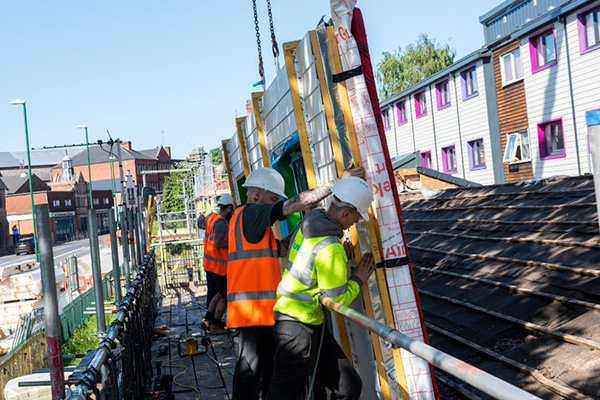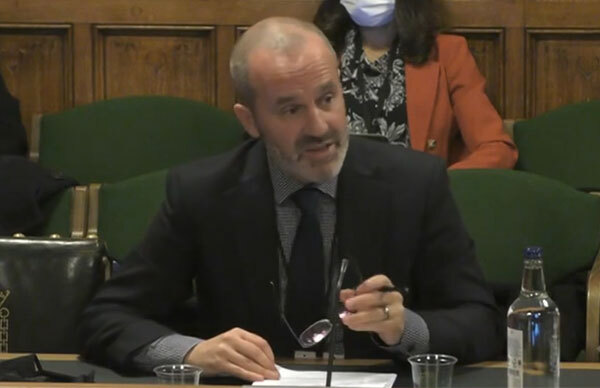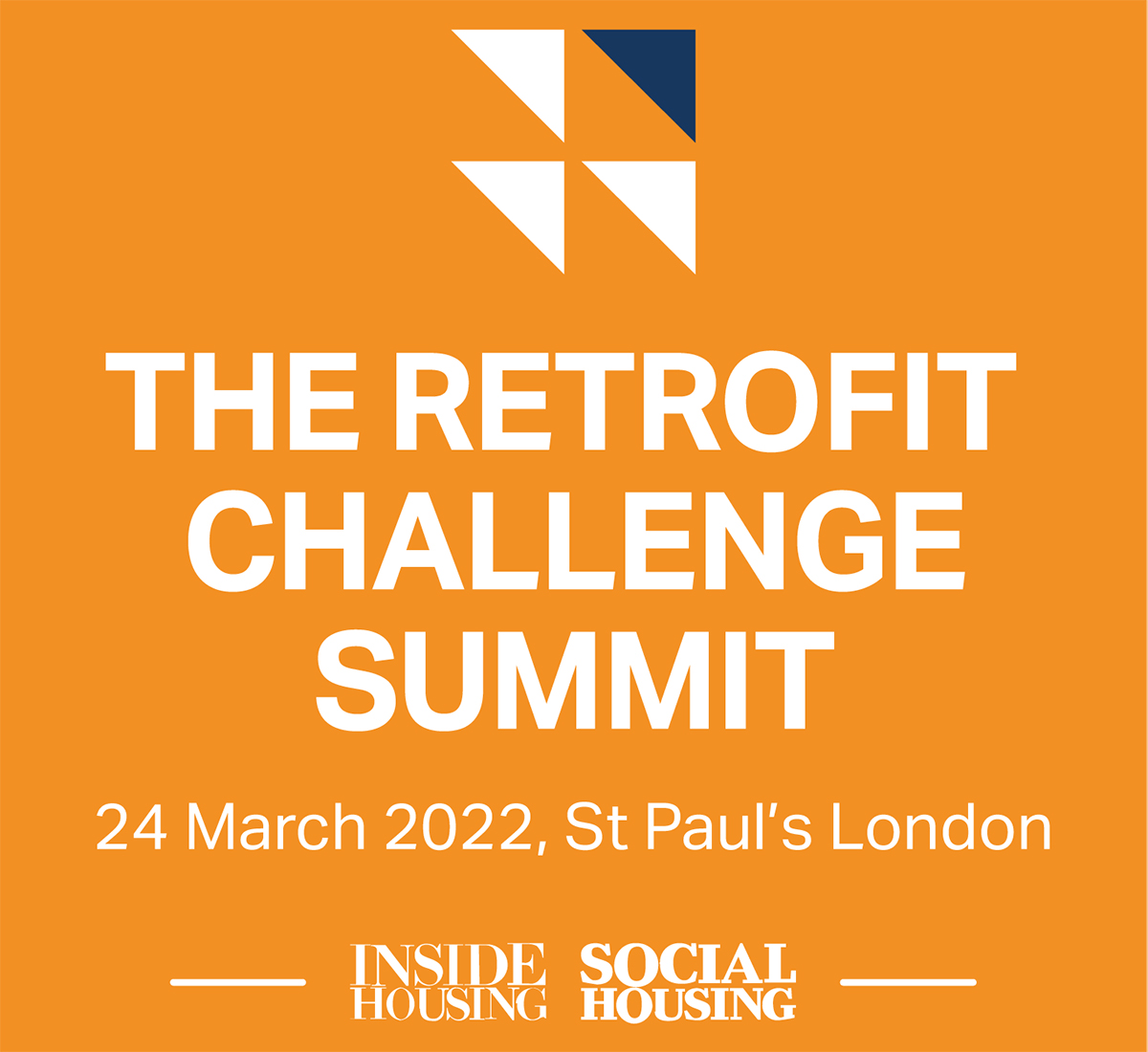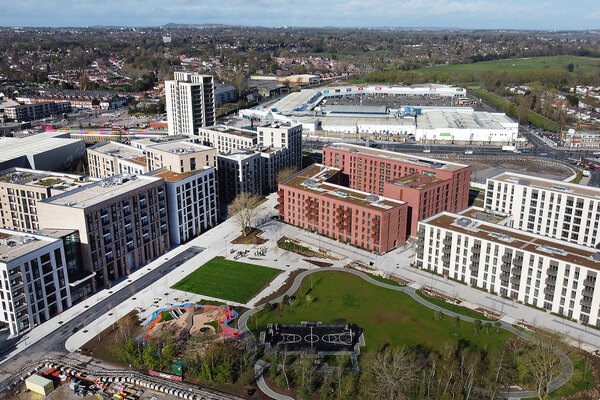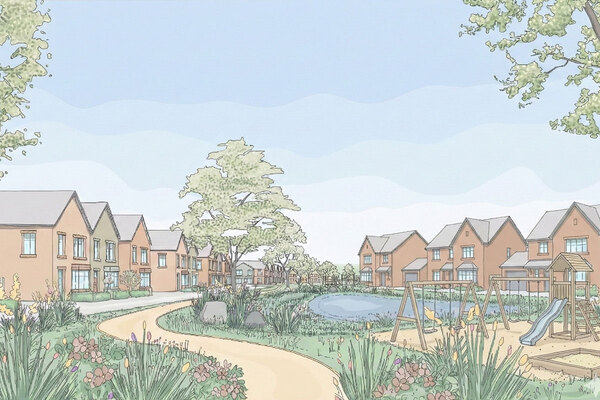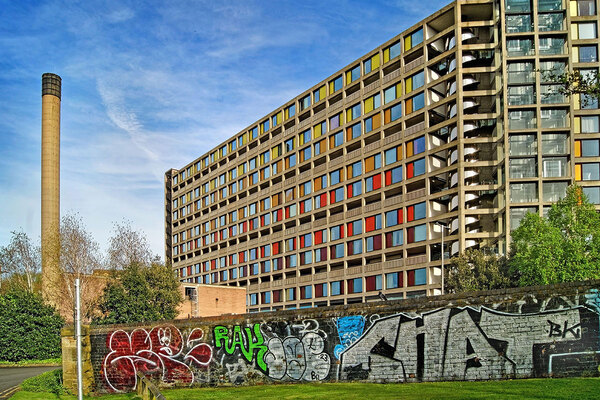 Matthew Bailes
Matthew BailesMatthew Bailes has served as Chief Executive of Paradigm Housing Group since September 2015. Paradigm manages over 16,000 homes and ...more
The housing policy intervention that could deal with three of the government’s biggest crises at once
The government is trying to get a grip on the energy security, prices and environmental crises. There is one policy intervention it could make in the housing world that could have a big impact on all three, writes Matthew Bailes
If in December someone had said that by March coronavirus would rank fourth among the crises facing the country, they would have probably attracted some odd looks.
But that’s where we are. Although the Omicron variant proved to be less threatening than originally feared, COVID remains a serious issue. It’s just that, at least for the time being, it is a bit less problematic than three other issues.
Obviously the first of those issues is the invasion of Ukraine and its consequences. There is a scenario in which this descends into a pan-European or even a nuclear war. Even if it remains contained within Ukraine, we face an immediate humanitarian crisis, the strong possibility of a new Cold War and the economic downsides of sanctions.
The conflict has also laid bare the huge risks we have been taking on energy security.
The war is driving up energy prices, which in turn is greatly compounding the second crisis: the cost of living. This crisis pre-dates the Ukraine war – gas prices had gone through the roof long before the Russian invasion and there has been inflationary pressure on a wide range of essential goods and services.
Incomes are not keeping pace. For those in work, a sizeable slug of any pay increase will be taken by the government, thanks to the increase in National Insurance. Unsurprisingly, poorer households look set to feel the most pain – so much so that in many cases it is hard to see how ends will meet.
“If our homes were more energy efficient, we would produce lower carbon emissions, reduce the cost of heating and be less reliant on energy from Russia and other politically unstable parts of the world”
Last but certainly not least, there is the environmental crisis. In my book this was a bigger threat than coronavirus even when the pandemic was at its worst. Although not all the risks will crystallise immediately, if we are to believe every credible scientist in this field (which has always seemed sensible to me), time is rapidly running out to head off a catastrophe for humans and most other species on the planet.
It is not easy to deal with all of these crises at once, not least because we may need to make difficult trade-offs between them. For example, it is pretty much inevitable that we will need to spend more on defence now that the belligerence of the Russians is all too plain to see. That means less money for other things or higher taxes, or both.
However, there is one policy intervention that helps with all three crises at once. If our homes were more energy efficient, we would produce lower carbon emissions, reduce the cost of heating and be less reliant on energy from Russia and other politically unstable parts of the world.
“As a society, we have pretty much wasted the past decade (at least) when it comes to energy efficiency”
One would have thought, therefore, that the government would be putting in place the sort of big and bold interventions on energy efficiency that it showed itself capable of during the pandemic.
Unfortunately, the reality is rather different. While there has been modest recent progress in terms of funding, the truth is that, as a society, we have pretty much wasted the past decade (at least) when it comes to energy efficiency.
Clearly the biggest problem is that the amount of public and private funding being deployed falls way short of what is needed. But it is also true that what money has been available has been fragmented, and all too often been mired in ill-conceived and unnecessary red tape.
Social housing providers are uniquely well placed to do much more in this area. We have the scale to run big investment programmes and in so doing help to gear up a supply chain that is far too feeble at present. We also house some of the poorest people in society, which means that the savings made by reduced heating bills would accrue to many of the people who most need them.
I think there is a real opportunity for the government to go further and faster by working in closer partnership with social housing providers. A longer-term funding package (let’s say for the seven to eight years in the run up to 2030) would enable providers and the supply chain to invest with confidence.
I also think the process for allocating funding could be greatly simplified: for example, if it was turned into a simple tariff to reward verified improvements in SAP ratings. Homes England, which has plenty of experience of funding and auditing social housing programmes, would be well placed to run such a scheme.
Winston Churchill (drawing on Machiavelli) advised politicians to “never to let a good crisis go to waste”. As things stand, we are at risk of wasting three such crises. It is a time for a step change.
Matthew Bailes, chief executive, Paradigm Housing Group
Sign up for our daily newsletter
Already have an account? Click here to manage your newsletters
Sign up to The Retrofit Challenge Summit
A must-attend one-day summit for all those involved in the large-scale retrofitting of UK homes.
Join us on 24 March 2022 at the second annual Retrofit Challenge Summit, which will equip you with knowledge to fund, plan, procure and deliver retrofit projects at pace, at scale and right first time.
Related stories

